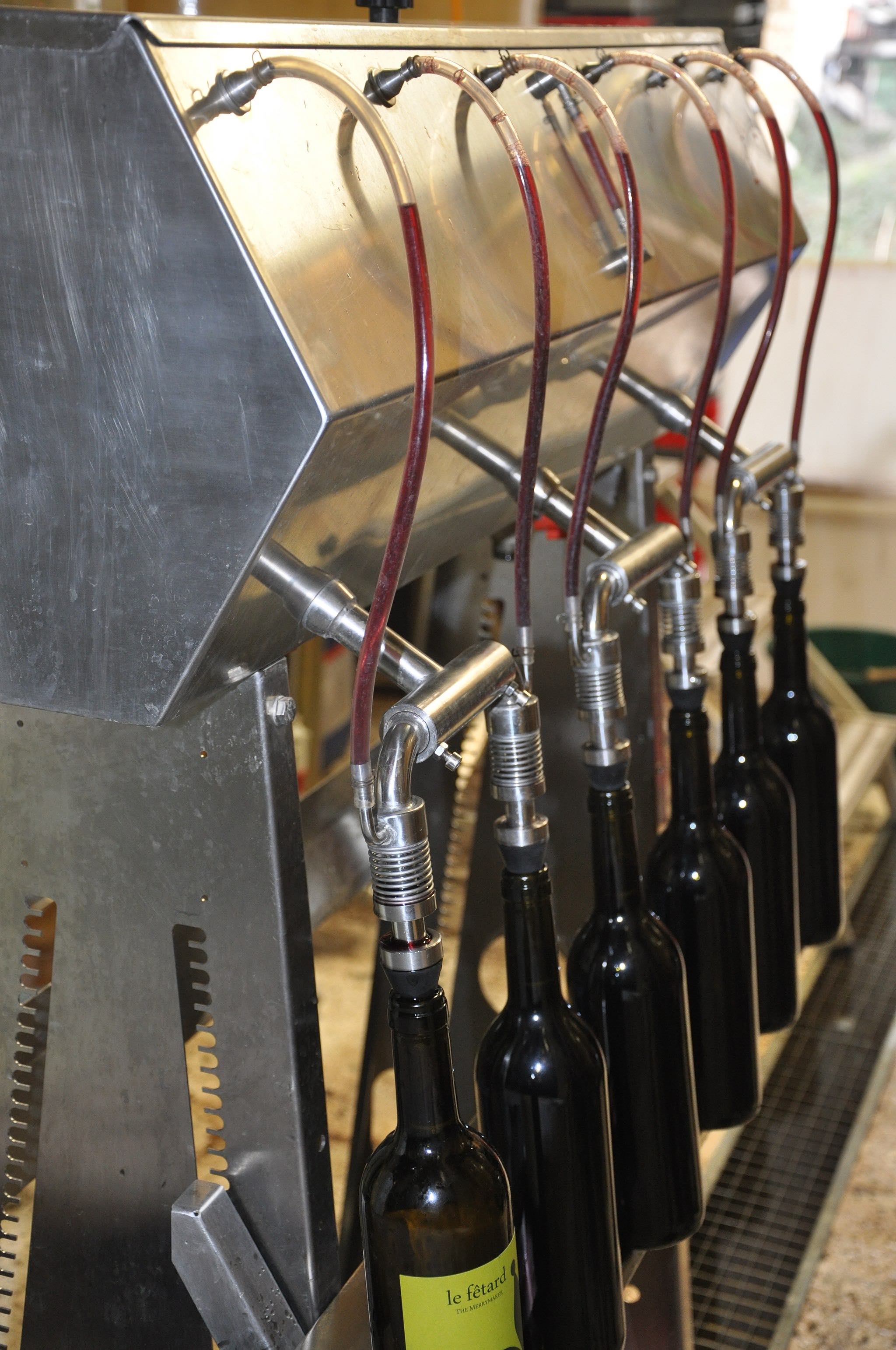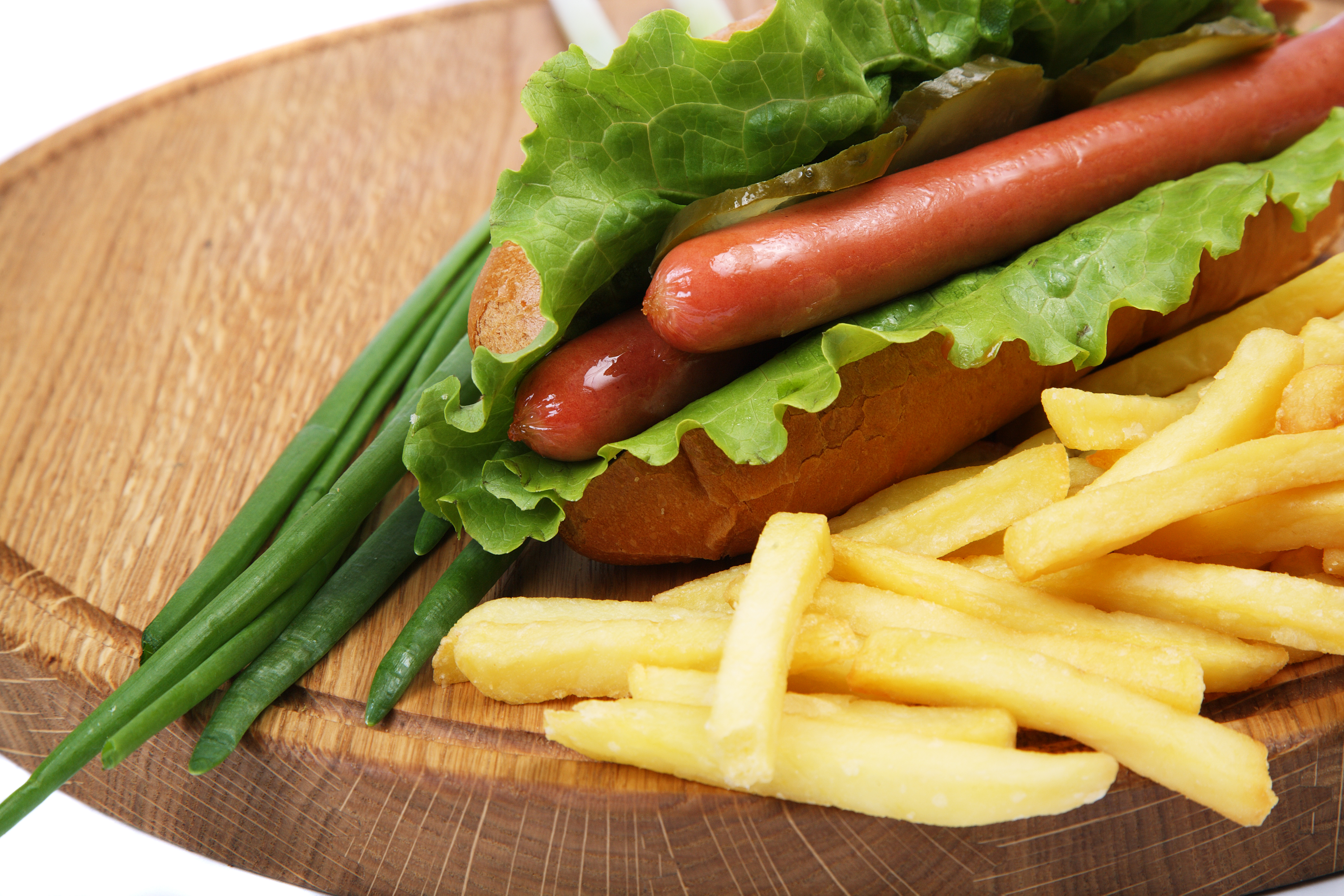The heightened concerns among consumers over the use of artificial and chemical preservatives reflect an increased awareness of the harmful effects they may have on human health and environmental safety. Consumers are choosing instead to seek natural alternatives such as salt, sugar, and organic acids, natural and wholesome substances that are free from chemicals and excessive heating. A recent study by FMCG Gurus across Asia Pacific reported that consumers are opting for items that they perceive to be natural. This is true across all demographic groups, with 74% saying they look for 100% natural groceries.
In the next four years, the global natural food preservatives market size is expected to reach USD1,174.9 million, reports the market research firm, IMARC Group. Key market drivers include the rapidly shifting consumer preferences towards chemical-free, naturally processed food products due to the rising health awareness, growing consumption of clean-label and organic products, rapid product utilisation of processed and packaged food products, and a considerable rise in the working population leading fast-paced lifestyles which has led to an increased uptake of ready-to-eat (RTE) foods. This, in turn, is driving the demand for extended shelf-life products.
“With increased awareness and scrutiny from consumers, the food industry is under immense pressure to replace artificial preservatives as they struggle to maintain food safety, shelf life, and the overall quality of their products,” says Nalin Amunugama, General Manager, BOGE Kompressoren Asia Pacific.
Many food companies are delving deeper into the natural preservation space with new innovations, modern technologies and ingredients to keep labels as clean as possible. Major players operating in the food preservatives sector are shifting their focus towards natural solutions to offer a range of clean label preservation to strengthen their position. For example, in 2021, the Kerry Group expanded its range of clean label solutions to replace traditional sodium nitrite salts to provide safer consumer-friendly preservatives for beverages.
“Success in preservation and shelf-life extension are best found when utilising multiple products, methods and technologies to achieve the desired outcomes,” Nalin says. “Pairing these methods allows ingredient makers to develop new portfolios of naturally derived preservatives that maintain clean auras on product labels.”
Biodegradable food wrappers
Packaging is essential for preserving and distributing many types of food, but it often includes plastics, a material that is killing the planet, and posing a threat to wildlife, drinking water and soil. A team of researchers from Rutgers and Harvard University has developed a non-toxic, biodegradable and antimicrobial food coating that can reduce food waste and foodborne illness without adding plastic to the environment. The study shows that this material can effectively be sprayed onto individual pieces of products such as fruits or vegetables. Removing it is as easy as washing it off with water. The main ingredient used is pullulan, an edible fibre that the U.S. Food and Drug Administration (FDA) “generally recognises as safe” (GRAS). The researchers believe that this wrapper can extend the shelf life of food, reduce food and plastic waste, and improve food safety. While still in its early stages of development, they plan to scale up the process to ensure the wrapper is market competitive and meets current industry equipment standards.
Process-in-pack technology
As consumers find themselves strapped for time, food service companies are responding with smart, healthy ready-to-eat meal (RTE) solutions. Aside from the same nutrition, variety, and quality of food one would expect from a home-cooked meal, the packaging needs require protection against outside contaminants and to preserve freshness. Cookery and private-label food producer, Smålandskräftan employs the Micvac method on its RTE meal applications, marketed by a German grocery giant. The Micvac method is a microwave application that cooks food in its package. On the packaging and processing line, thermoformed polypropylene (PP) trays supplied are denested and conveyed to a depositor that fills them with the raw ingredients. The trays are then lidded and sealed with a PP/PA laminate film. A specialised valve allows steam to vent from the lidding material of each sealed tray but the mechanism only allows venting to occur after a pre-determined pressure is reached during the next process, which is a microwave cook. The patented microwave application cooks food in its package, affording the products a far longer shelf life compared to other ready meals, without compromising on taste, nutrition, or consistency. The meals are produced and chilled, not frozen, and only require warming by the consumer.

Nitrogen prevents discolouration and undesirable flavours in beverages in non-carbonated drinks like wine, iced tea, fruit juices or milk. (Photo: BOGE)
Food-grade gases
As a preservation method, nitrogen prevents the oxidation of beer, grape wine, fruit juice and other beverages, as well as improves the mouth feel of the beverages at the same time. Nitrogen is useful in preventing discolouration and undesirable flavours in beverages in non-carbonated drinks like wine, iced tea, fruit juices or milk – by removing dissolved oxygen in the liquids. BOGE Kompressoren’s scroll compressor technology, through its Eccentric-Oilfree series, is designed for such sensitive applications. Aluminium spirals in the compressor chamber intermesh without touching, generating pulsation and oil-free compressed air for beverage manufacturing. Once the compressors connect to a nitrogen pressure swing adsorption (PSA) generator, pure compressed air is readily supplied. Nitrogen prohibits further wine fermentation and the formation of bacteria and mould in the bottle, preserving the high quality and taste – even over a lengthy ageing process. In applications like decanting wine, this is exceptionally advantageous. For more efficient energy use and less wastage, users can easily regulate the power delivery and quantity of compressed air using BOGE’s nitrogen PSA generator.

Nitrite alternatives are gaining traction as shelf life extenders for processed meats (Photo: Dreamstime.com)
Natural curing alternative
For years, nitrites were used for the pink colouring of processed meat such emulsified cooked sausages, cooked ham or any other type of cold cut. Since the 1970s, the legal limit of its inclusion in processed meat, has steadily decreased, and authorities keep decreasing the permitted level, reinforcing a negative perception of the ingredient and its use. With consumers citing general health concerns as the top motivator to avoid chemical-sounding ingredients, food shelf life extension specialist, Kemin Food Technologies recently launched a nitrite alternative for use in the first stage of emulsified cooked sausages. Known as Rubinite GC Dry, the label-friendly ingredient effectively maintains taste and colour, and offers product stability and shelf life with active molecules from plant extracts like rosemary and green tea. The natural pink colour is achieved with red radish extract. In addition, the product’s buffered vinegar provides optimal microbial protection against foodborne pathogens, such as Clostridium botulinum and Listeria monocytogenes.
Future of natural food preservatives
This demand for natural preservatives will continue to grow, driven by increasing awareness of the health benefits over their synthetic counterparts. Moreover, the rising prevalence of allergies and food intolerances has further fuelled the need for natural preservatives, offering a significant market opportunity for companies that can develop innovative and cost-effective natural food preservatives.
“Companies that can develop innovative solutions, reduce production costs, and meet consumer demands will be well-positioned to capitalise on the market opportunities in the natural food preservatives sector,” Nalin emphasises.

 iConnectHub
iConnectHub
 Login/Register
Login/Register Supplier Login
Supplier Login


























